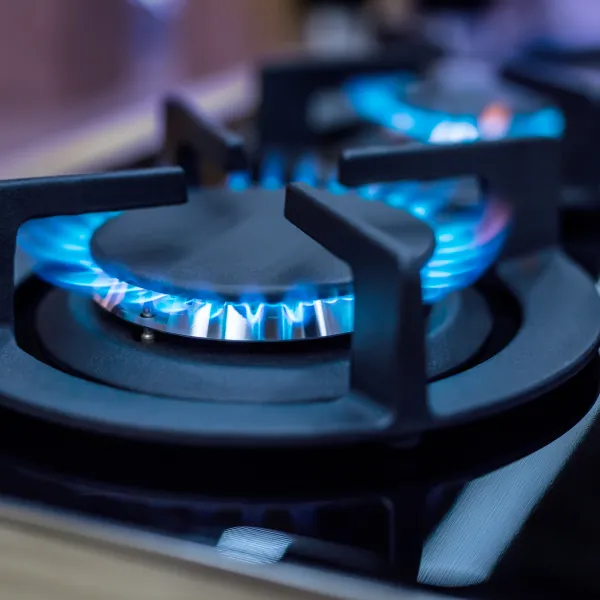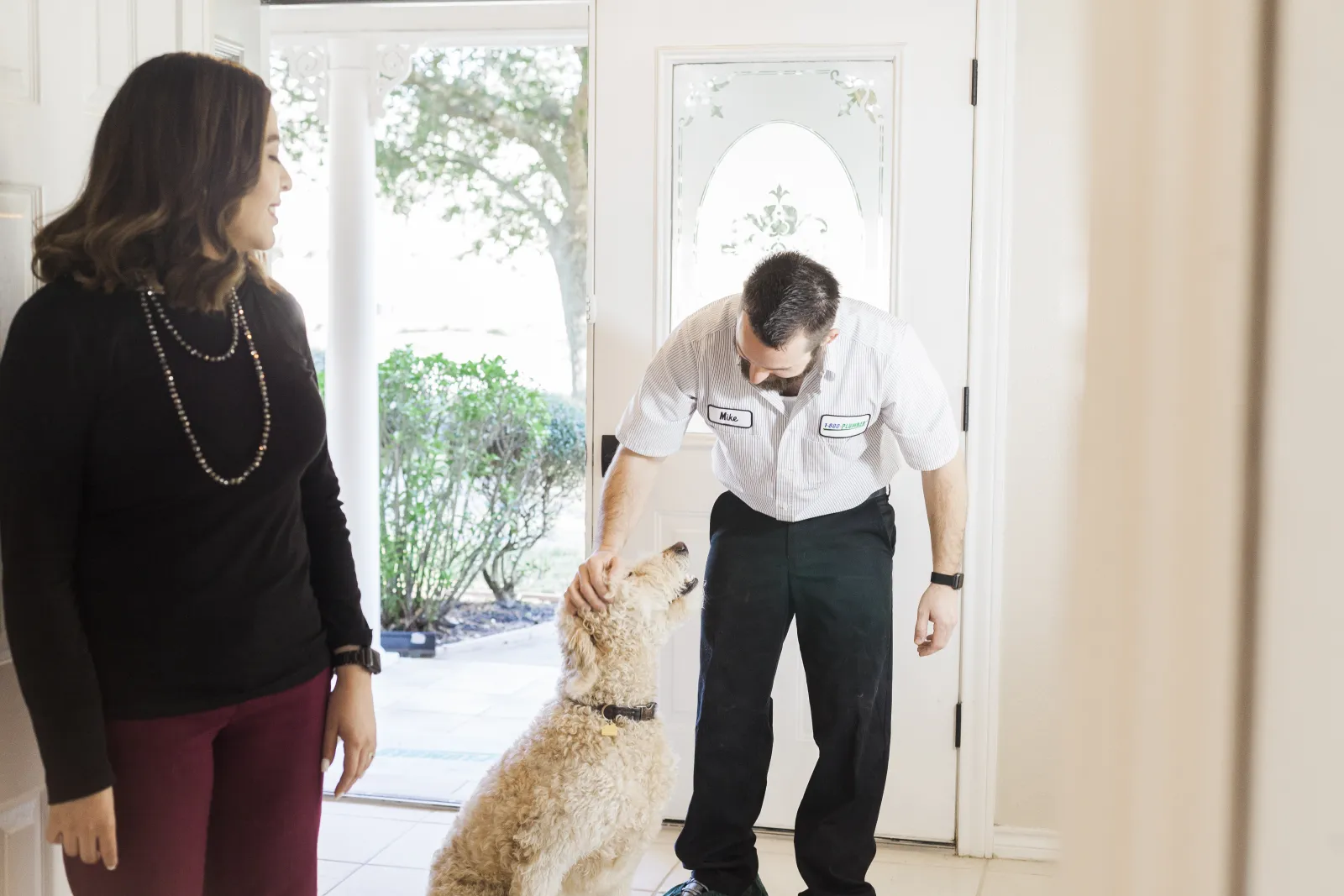
A Comprehensive Guide to Gas Lines in Indianapolis, IN
If you have a do-it-yourself mentality, you might've wondered about whether or not you can install the gas lines for your Indianapolis home without professional training. This guide will set the record straight on who can and can't install gas lines.
What Are Gas Lines?
Every time you turn on your gas stove, you should thank the gas lines for helping to create the heat. Gas lines are responsible for bringing the gases to the heat-using devices. It's not just your stove and oven. Gas lines also provide heat for dryers, showers (through water heaters), and even swimming pools.
However, gas leaks are a threat that everyone should take seriously, regardless of if they install their own gas lines. In the next section, we'll discuss how gas leaks happen and what other emergencies they can lead to.
Gas Leak Causes
There's no universal cause for a gas leak, but these are some of the biggest reasons:
Inferior Appliances
If your appliances aren't top-quality, you might be at greater risk of a gas leak. It could be that they were poorly made to begin with or that age has gotten the better of them.
Poor Installation
You need your gas-using devices to be installed perfectly. Any room for error can mean room for gas leaks. Before hiring a company to install your stove, read through their reviews and about their installation methods.
The appliances might not be fully connected to the gas lines. This means gas could easily escape into your home. 1-800-Plumber +Air of Indianapolis guarantees proper installation for all of our clients.
Gas Lines Wear-and-Tear
Gas lines are a type of pipe, helping to transfer a vital material into your home. Like water pipes, they're prone to damage from age and corrosion. While a water leak is aggravating and needs to be addressed, a gas leak is a far-more potentially dangerous situation.
You need to inspect your gas lines regularly for signs of damage. See if they're cracked or corroded. If they are, call 1-800-Plumber +Air of Indianapolis to discuss safety options and to schedule an inspection.
Signs of a Gas Leak
There are multiple ways to detect a gas leak, utilizing multiple senses. Immediately get yourself to safety, outside of your home, if you notice any of the following:
Sulfur Smell
Gas leaks can cause a very strong smell of sulfur or rotten eggs. You're not actually smelling the gas itself, which is odorless and tasteless. Gas companies add this scent to trigger a reaction from occupants.
Pay attention to how your home smells. If your sense of smell is weak or you have nasal congestion, use as many of the other gas-leak detection strategies as you can.
Increased Gas Bills
Any unforeseen utility bill increase is a cause for concern. If your gas bill has skyrocketed in the last month, it could indicate a gas leak.
Since gas is still being brought into your home, you're going to be charged for it. However, since it's not contained, you won't have control over how much comes in. Gas leaks are more of a health concern than a money one, but you should still monitor your bills.
Hissing
Your gas lines might be making a hissing noise. This is a very strong sign of a gas leak. A substantial hiss could indicate a substantial leak.
Dying Plants
Do you notice your houseplants are wilted and gasping for life even though you give them enough water, sunlight, and love? They could be getting choked on natural gas.
Health Problems
Gas leaks can cause a whole host of health problems. Get to emergency care right away if you're experiencing any of the following:
Headaches
Nausea
Confusion
Irritability
Trouble breathing
Flushed skin
Eye Irritation
Intense, unexplained lethargy/drowsiness
Non-Functioning Devices
Wondering why your stove is producing such a weak flame, or why your hot water is lukewarm at best? It's possible there's a leak in your gas lines, causing a reduction in pressure.
Ready to
GET IT FIXED?
Contact Us Now!

24/7
Availability

No surprise
costs at the end of a job

On-Time
Committed to on-time arrivals


